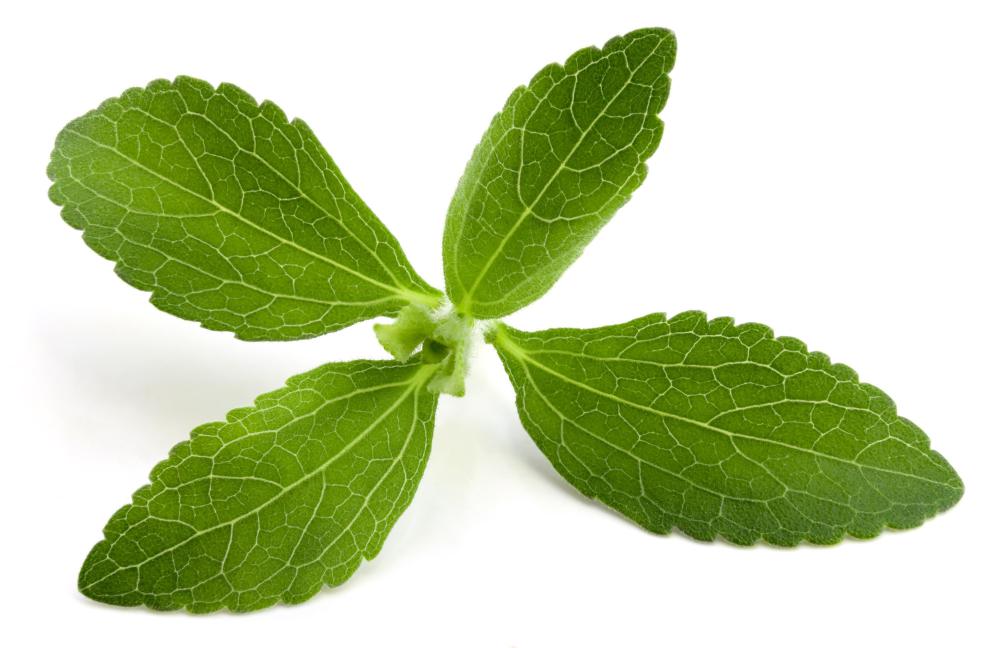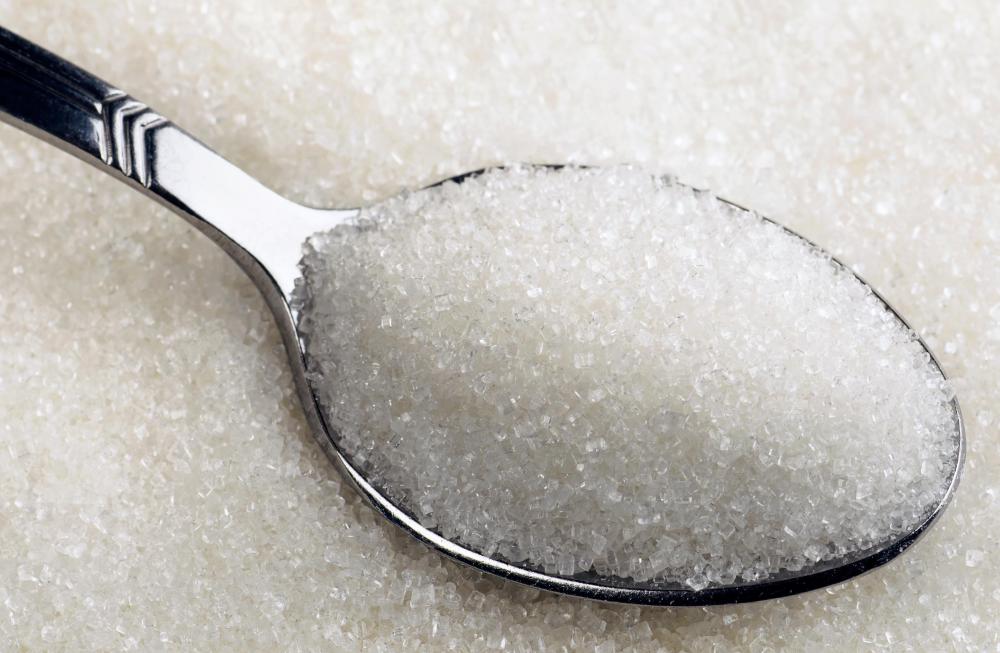At WiseGEEK, we're committed to delivering accurate, trustworthy information. Our expert-authored content is rigorously fact-checked and sourced from credible authorities. Discover how we uphold the highest standards in providing you with reliable knowledge.
What is Aspartame Sweetener?
Aspartame sweetener is an artificial sweetener that is a synthetic compound comprised of aspartic acid and phenylalanine. Both of these substances are amino acids created by the breakdown of proteins. The sweetener is about 150 to 200 times sweeter than sugar, and is often used as a low calorie substitute.
Artificial sweeteners are used by people who wish to limit their caloric intake, or who have diabetes. Diabetics cannot metabolize sugars properly, and can experience a build up in the blood that may cause excessive thirst or urination, weight loss, and, if untreated, coma. Aspartame sweetener is marketed under a number of commercial names, like Equal® and NutraSweet®.

When ingested, an aspartame sweetener is metabolized like a protein. Sugar, on the other hand, is metabolized as a carbohydrate. The artificial sweetener does not confer any nutritional benefits, and only serves to enhance flavor. The product is used in beverages, candies, ice creams, and other various dessert items.
Aspartame sweetener was first synthesized in 1965, but it was not until 1981 that it was approved for human consumption by the United States Food and Drug Administration (FDA). The FDA is responsible for regulating public health and safety of food, drugs, supplements, and medical treatments in the United States.

One of the major limitations of aspartame is that it cannot withstand high temperatures. After prolonged exposure to a high heat environment, like baking, the chemical loses its sweetness. There have been, however, advances made that have produced an encapsulated form of the aspartame sweetener that can be used for baking.
This sweetener has been the subject of controversy, as critics argue whether or not these sweeteners can cause adverse or harmful reactions in humans. Some critics state that the substance is responsible for everything from headaches to Alzheimer’s disease, while others maintain that it is perfectly safe. There are many websites devoted to the topic of aspartame poisoning, as well as sites promoting the sweetener as a safe sugar alternative. Proponents on both sides of the argument cite a plethora of case studies in support of their positions.

People suffering from phenylketonuria (PKU) must avoid ingesting anything containing an aspartame sweetener. Phenylketonuria is a hereditary condition in which the body is unable to metabolize phylalanine. If too much phenylalanine builds up in the blood, then a sufferer's nervous system can become severely, and irreparably, damaged. The gene responsible for the condition is recessive, so both parents must have a copy for their offspring to have the condition.
The artificial sweetener market has become very competitive. Splenda® is a sucralose-based sweetener that was approved by the FDA in 1998. Sucralose is derived from sugar. Artificial sweeteners containing stevia extract — stevia is a plant native to North and South America — were approved by the FDA in 2008.
AS FEATURED ON:
AS FEATURED ON:













Discuss this Article
Post your comments